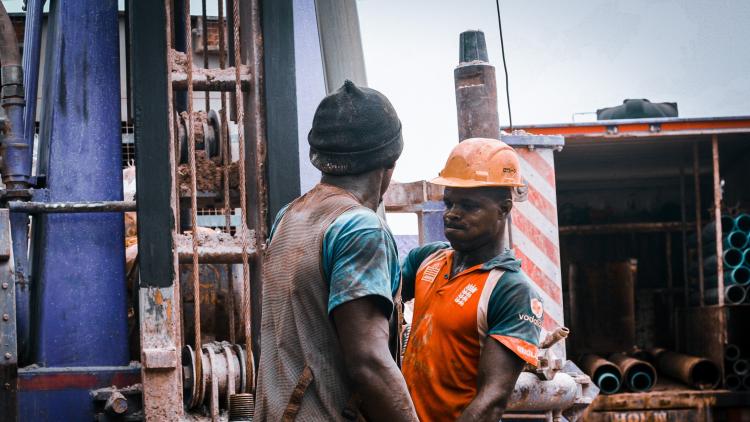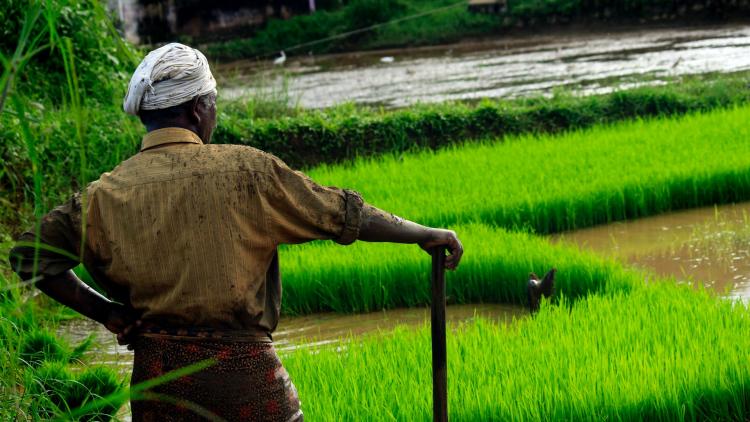Development from Below

Key information
- Start date
- End date
- Year of study
- Year 2
- Duration
- Full
- Module code
- 151010022
- FHEQ Level
- 5
- Credits
- 30
- Department
- Department of Development Studies
Module overview
This module addresses ways of doing development from outside the current mainstream espoused by the World Bank and the United Nations, exploring alternative theories and practices and what they bring to development.
The module critically studies achievements, challenges and contradictions of development alternatives from below. It considers the importance of understanding local cultures, adapting to local contexts and dealing with their complexities, as well as addressing issues of how communities organise to resist mainstream development imposed from above. It examines attempts by actors at different societal levels to produce genuine collaborations with the local populations, as well as critiquing the way in which participatory approaches have been adopted by the mainstream and the outcomes they produce.
The module aims critically to review these approaches and initiatives by going beyond the essentialisation and romanitisation of 'local populations' and 'local communities' into which some of their advocates and practitioners fall. The module will examine the ways in which these approaches and initiatives understand and represent the local and the extent to which they take into consideration the internal social differentitation (class, gender, race, ethnicity, and other identities) and micro-power relations within communities. Similarly the call for participation and its translation into policies and/or practices will be critically assessed to determine the extent to which they lead to empowerment and political subject creation or serve as instruments for policy legitimation.
Potential topics include post-development, grass-roots and other forms of development from below e.g. social movements, community-based development initiatives, forms of local resistance to mainstream development projects, cooperatives and local organising, women’s, indigenous and peasant-based organising, non-top down forms of state-society relations.
Objectives and learning outcomes of the module
At the end of the course, a student should be able to demonstrate:
- An historical understanding of the timing and evolution of the different alternative approaches to development and their influence on mainstream approaches.
- An understanding of the challenges of attempting to carry out development initiatives from below through or with the participation of local communities and the distinctions between this and development from above.
- A critical understanding of academic debates on alternative approaches to development theory and practice, and their significance in relation to actual outcomes.
- Knowledge of a range of alternative approaches to development including various forms of participatory and community-based development, post-development.
- Ability to critically analyse and assess the ways alternative approaches and initiatives understand, represent and approach local populations and communities
- Ability to critically reflect on the challenges of participating in local development initiatives
- An awareness of the context, processes and practices that encourage or hinder local ownership and participation in development projects and intervention.
Workload
Teaching will take the form of a two-hour lecture and a one-hour tutorial each week.
Scope and syllabus
The module will be organised in blocks:
- Introductory session
- Block 1 - Alternative theories for Development
- Block 2 - Alternative practices of development from below
- Block 3 - social movements, resistance and alternatives
- Block 4 - development from below meets the state
- Concluding and revision session
Method of assessment
One two hour written examination which will constitute 50% of the final mark, with the remaining 50% consisting of marks from coursework. Each student will be expected to submit one essay of no more than 2000 words, worth 30% and one blog no more than 1000 words, worth 20% of the final mark. Resubmission of coursework regulations apply to this module.
Suggested reading
- H-J Chang, 2003. Rethinking Development Economics, Anthem. T. Allen and A.Thomas eds. (2000) Poverty and Development into the Twenty First Century, chs. 1 and esp. 2
- U. Kambhapati, 2004. Development and the Developing World, Polity.
- A.P. Thirlwall, 2006. Growth and Development: With Special Reference to Developing Countries, London: Palgrave Macmillan, 8th edition.
- A. Thomas, J. Chataway, and M. Wuyts 1998. Finding Out Fast: Investigative Skills for Policy and Development, London: Sage Publciations and Open University.
Disclaimer
Important notice regarding changes to programmes and modules.



